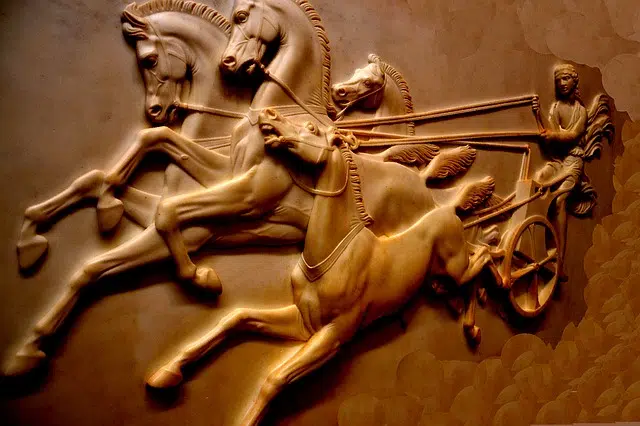
The idea of historiography can refer to a set of works of a historical nature.
Historiography is the discipline focused on the analysis of history . It is a series of theories and techniques that are linked to the study and interpretation of historical events.
The concept of historiography is also used to name the group formed by works of a historical nature and the critical and bibliographic study of texts that revolve around history.
Historiography, historiology and history
It is important not to confuse history with historiography. History is the past itself and the narration of the important events that took place in it. Historiography, on the other hand, is the methods and knowledge used to describe historical events. That is why it is often said that historiography is the science of history.
Another concept related to these terms is historiology . In this case, the idea refers to epistemology: that is, a theory of history. In its etymology we find the terms research and information , the idea of "acquiring knowledge through research", or "studying the facts of the past to learn."
Although historiology is closely linked to historiography, among other disciplines, its function is to analyze and describe the events of history using certain techniques specifically designed to collect and study records, data and samples.

The analysis of history is one of the pillars of historiography.
The historiographic currents
Returning to the notion of historiography, it allows us to consider the methods used by historians, their object of study and their interests. Historiographic currents are known as the predominant tendencies in different periods to narrate history. Positivism, revisionism and historical materialism are examples of historiographical currents.
Historiography, in short, is dedicated to studying the ordering of events in the narratives of history, analyzing their logical structure and cause-effect links. It also investigates the style of historical texts to evaluate whether they manage to meet their persuasive or informative objectives.
Historiography and sources
Having said all this, it is logical that one of the most important stages in the practice of this discipline is the obtaining and processing of sources. Historians rely on material or written testimonies to carry out their research, which consists of a detailed study of historical sources in order to understand the events and the context in which they are located.
Talking about historiography is the same as referring to the set of documents that historians write about a period in history or a particular topic. In other words, this term can be used as a synonym for "historiographic production"; For example, it is possible to say that "we do not have enough historiography about daily life at the time of the Roman Empire." The main difference between this material and the one they use as the basis of their work is that the latter remains as part of the vestiges of each era, without the intention of being found.
Lack of documentation
The amount of information regarding a time, a topic or a historical event that scholars have written and made available to the people, therefore, is also known as historiography. It is important to note that the lack of such a historical source is usually not due to the relevance of the events themselves, but rather because historians have not dedicated their efforts to documenting them.
Another meaning of the word historiography refers to the group of historians of the same origin , and can be used in sentences like the following: «It is correct to say that from the 1930s onwards, Spanish historiography welcomed the Anglo-Saxon Hispanists with open arms. and French .
